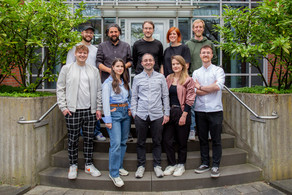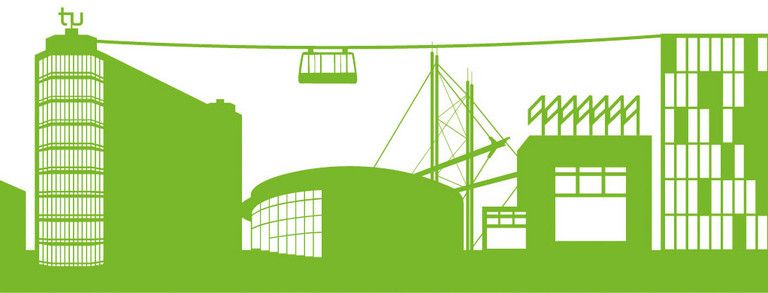The production of the discriminated in anti-racist movements (SFB 1604 - Subproject A2)
The sub-project deals with the production of figures of racist discrimination in and through anti-racist movements in Germany. These social movements have an ever-increasing influence on public discourse and contribute to the fact that the topics of discrimination and racism are becoming increasingly important, especially in the media and politics. Accordingly, activists and movements are active co-producers of knowledge about the migration society.
The development towards a super-diverse society can also be observed in anti-racist movements, particularly through migration and hybridization and the associated diversification in terms of ethnic, religious and generational affiliation, among other things. In addition, social situation and social mobility play a prominent role, as social movements are generally supported by people with a higher socio-economic status. With increasing participation, the demand for equality and the expectation of belonging increase. This leads not least to renegotiations of claims to interpretation and privileges, which can intensify social conflicts that are often referred to as "culture clashes". In addition, an internationalization (especially through the US Black Lives Matter movement) and an increasing academization of the discourse in Germany (also through migration research, critical race and postcolonial approaches) can be observed. These multi-layered dynamic developments are expressed in different currents and a pronounced polyphony, which is why we speak of anti-racist movements (in the plural).
Against this background, the project explores the questions of how anti-racist actors, especially those (potentially) affected by racism, (re)produce and (trans)form certain categories of racist discrimination, to what extent shifts are evident and what consequences this has for social knowledge about racism and discrimination. It also examines how internal and external conflicts, contradictions and resistances are processed and negotiated within anti-racist movements. To this end, (1) narrative-biographical interviews with well-known activists, (2) analyses of positions and dynamics within youth groups, collectives and larger networks, (3) analyses of the specific performative character of the online activism of these individuals and groups and (4) guided interviews with involved outsiders (such as political anti-racism representatives) will be conducted. The qualitative data will be analyzed using the documentary method.
Project management
Project staff
Project duration
01.04.2024 - 31.12.2027 (40 months)
Project sponsor
DFG









